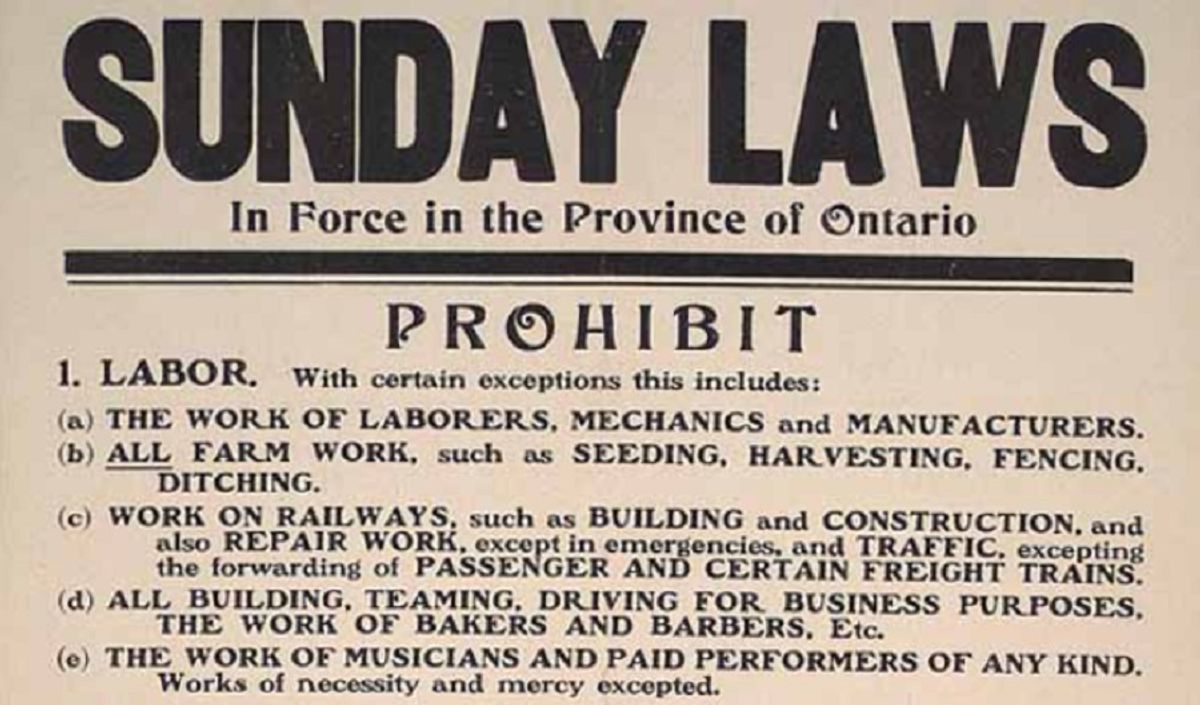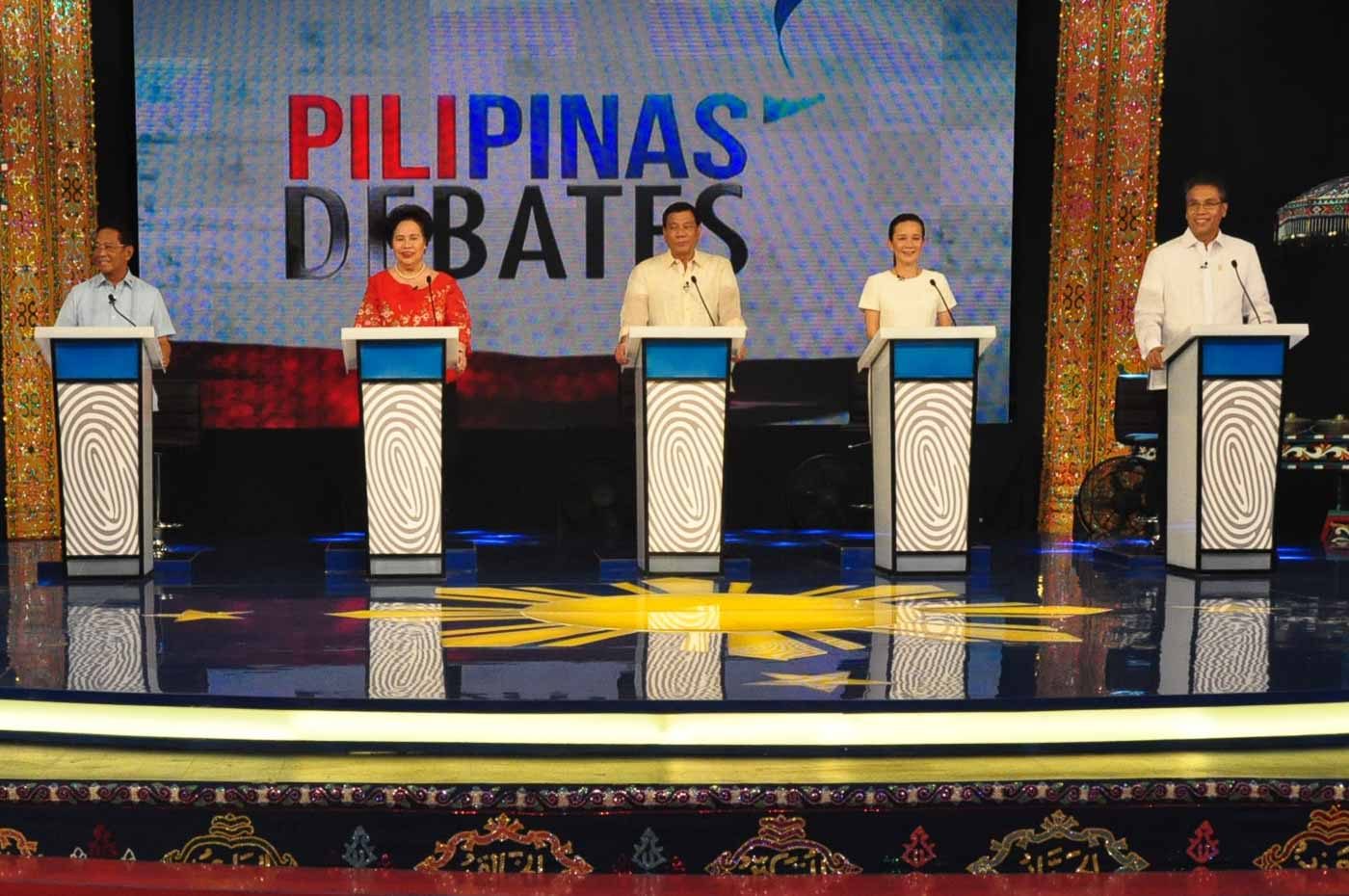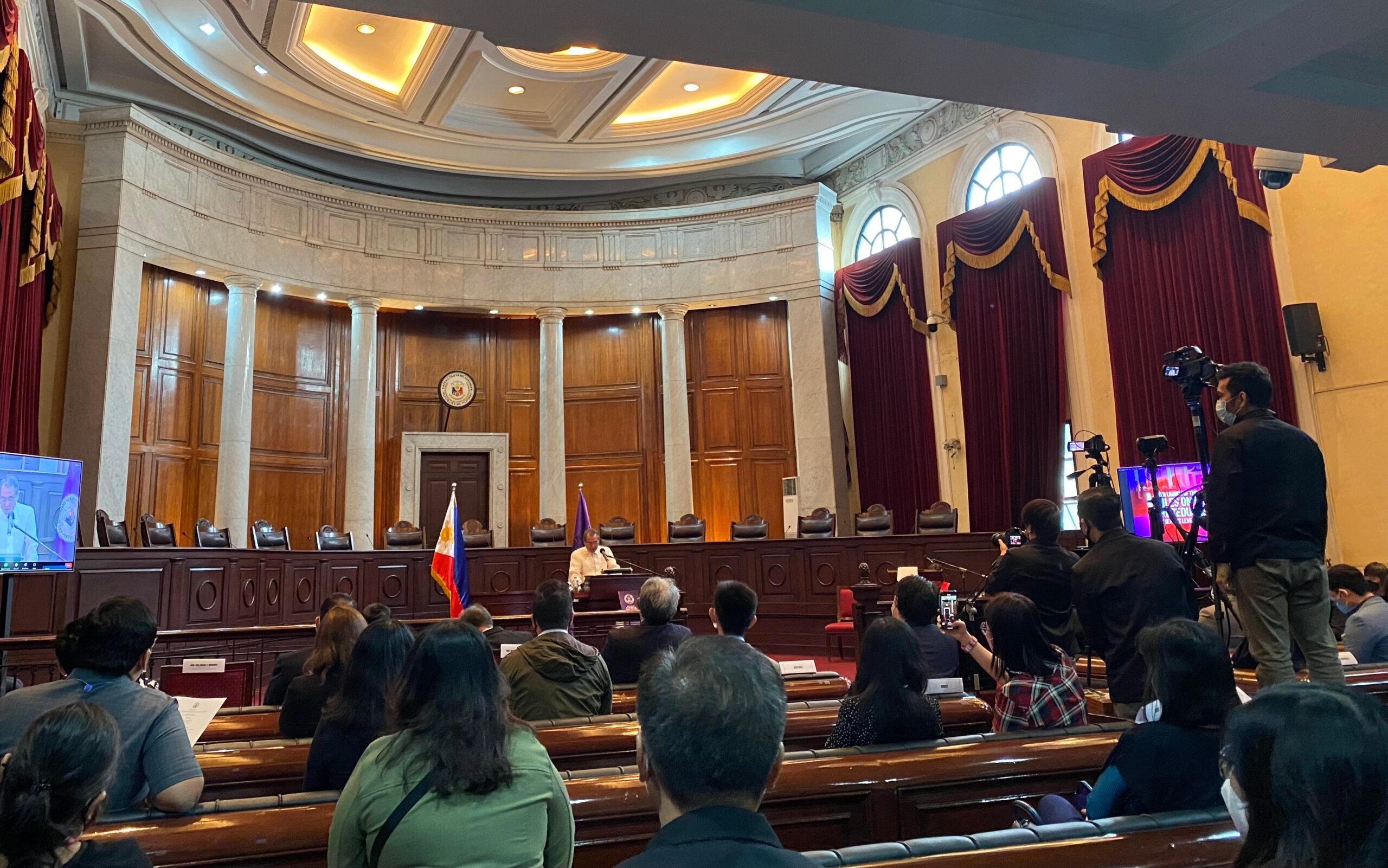The Blue Law in the Philippines refers to legal restrictions on certain activities, often related to religious observance, typically on Sundays.

Definition of Blue Law
General Concept
Blue laws, also known as Sunday laws, historically refer to laws designed to restrict or ban certain activities on Sundays, especially to encourage church attendance and observance of the Sabbath. Originating in the United States, these laws initially had religious undertones but have since evolved to cover various aspects, like regulating alcohol sales or limiting the types of businesses that can operate on Sundays. For more on the general concept, you can read the Wikipedia article on Blue Laws.
Blue Law in the Philippine Context
In the Philippines, the concept of Blue Laws isn’t as prevalent as in some Western countries, primarily due to the different historical and cultural context. The Philippines, being predominantly Catholic, has its own set of laws relating to religious observance and holidays. However, there are no laws explicitly termed as “Blue Laws” in the country. Instead, there are legislation and local ordinances that restrict business operations and selling of specific items like liquor during certain religious holidays. These restrictions are more cultural in nature and often are not enforced as strictly as Blue Laws in other countries.
History and Origin of Blue Law in the Philippines
Spanish Colonization Period
- Catholic Church’s Influence: The Catholic Church had a strong influence on laws and social norms, promoting strict observance of Sundays as a day of rest and religious activities.
- Religious Holidays: The introduction of various religious holidays had a significant impact on commercial and social activities.
- No “Blue Laws”: While there were no laws specifically termed “Blue Laws,” the essence of such regulations existed in the form of religious observances.
- Reference: Spanish Colonization of the Philippines on Wikipedia.
American Period
- Cultural Clash: The American colonial rulers brought their version of Blue Laws, but these did not easily mesh with the existing Filipino culture.
- Partial Restrictions: Laws from this period did restrict certain activities on Sundays, like alcohol sales and certain types of business operations.
- Limited Enforcement: These American-era laws were not strictly enforced, primarily because of the strong Catholic influence that already existed.
- Reference: History of the Philippines (1898–1946) on Wikipedia.
Modern Legislation
- Absence of Blue Laws: The Philippines today does not have laws explicitly termed as “Blue Laws.”
- Holidays and Non-Working Days: Various holidays and special non-working days, many religious, impact business operations and social activities.
- Local Ordinances: Local government

Impacts of Blue Law
Economic Impacts
- Lost Revenue: Retailers and other businesses that close on certain days may experience decreased income.
- Employee Wages: Workers in sectors affected by such laws could face reduced hours, impacting their take-home pay.
- Market Competition: With certain businesses closing, there might be less competition on specified days, affecting consumer choices and potentially raising prices.
- Reference: Economic Impact of Regulation on Wikipedia.
Social Impacts
- Family Time: Closure of businesses could encourage more family bonding time, a key social benefit.
- Religious Observance: These laws may encourage or enforce religious observance, which could be positive or negative depending on personal views.
- Social Norms: Over time, such laws can influence social norms and behaviors, either reinforcing traditional values or generating resistance against them.
Legal Impacts
- Regulatory Burden: Businesses must keep track of various laws and ordinances, which can be challenging, especially for small enterprises.
- Legal Challenges: Such laws may face legal challenges on the grounds of religious freedom or equal protection under the law.
- Local vs National: Discrepancies between local ordinances and national laws can create legal complexities.
Controversies and Criticisms
Arguments in Favor
- Preserving Tradition: One of the primary arguments in favor is that such laws help maintain cultural and religious traditions.
- Public Rest: Proponents argue that having a common day of rest is beneficial for societal well-being.
- Reduced Commercial Pressure: Some believe that limiting commercial activities gives small businesses a respite from competition against large corporations.
- Reference: Arguments for Social Regulation on Wikipedia.
Arguments Against
- Personal Freedom: Critics argue that such laws infringe on individual freedoms by dictating what activities are acceptable on certain days.
- Economic Loss: Opponents point out that closing businesses leads to lost revenue and negatively affects the economy.
- Discrimination: Such laws could be seen as favoring one religion or cultural group over another, thus potentially being discriminatory.
- Reference: Criticism of Legislation on Wikipedia.

Ongoing Debates
- Constitutionality: Legal scholars often debate the constitutionality of Blue Laws, especially in pluralistic societies.
- Modern Relevance: There is ongoing discussion about whether such laws remain relevant in contemporary, diverse societies.
- Policy Revisions: As societies evolve, so do the debates on whether to revise or eliminate these types of laws.
Recent Updates and Reforms
Legislative Actions
- Alcohol Regulations: Recent legislative actions have focused on modifying alcohol sale restrictions during religious and national holidays.
- Retail Operations: Some provinces are considering local ordinances to restrict or extend operating hours for retail stores on special days.
- Reference: Philippine Legislation on Wikipedia.
Public Opinions
- Polling Data: Recent public opinion polls show a divide in the support for and against such regulations, especially among younger generations.
- Social Media Campaigns: Online platforms have been used to both advocate for and protest against existing or proposed regulations.
Court Rulings
- Legal Scrutiny: While there have been no major court rulings specifically on Blue Laws, similar types of legislation have come under legal review.
- Constitutional Questions: Ongoing legal discussions are questioning the constitutionality of religiously-influenced laws and regulations.

Comparison to Other Countries
Blue Laws in the United States
- Alcohol Sales: In some states, laws restrict the sale of alcohol on Sundays or specific holidays.
- Vehicle Sales: Certain states prohibit the sale of cars on Sundays.
- Religious Roots: The United States has a long history of Blue Laws, originally stemming from Puritanical beliefs.
Blue Laws in Europe
- Varying Intensity: European countries have varying levels of restrictions, from almost none to stringent, like Germany’s “Ladenschlussgesetz,” which controls store closing times.
- Culture-Specific: Some countries like Norway have specific laws influenced by their Christian background.
- Labor Laws: In some European countries, Blue Laws intersect with labor regulations, aiming to provide workers with rest days.
Global Trends
- Relaxation of Laws: A general trend toward relaxing or abolishing Blue Laws is noticeable in many parts of the world.
- Secular Societies: As societies become more secular, the emphasis on religiously-motivated laws tends to decrease.
- Economic Pressures: In the era of global competition, economic considerations often challenge the continuation of such laws.